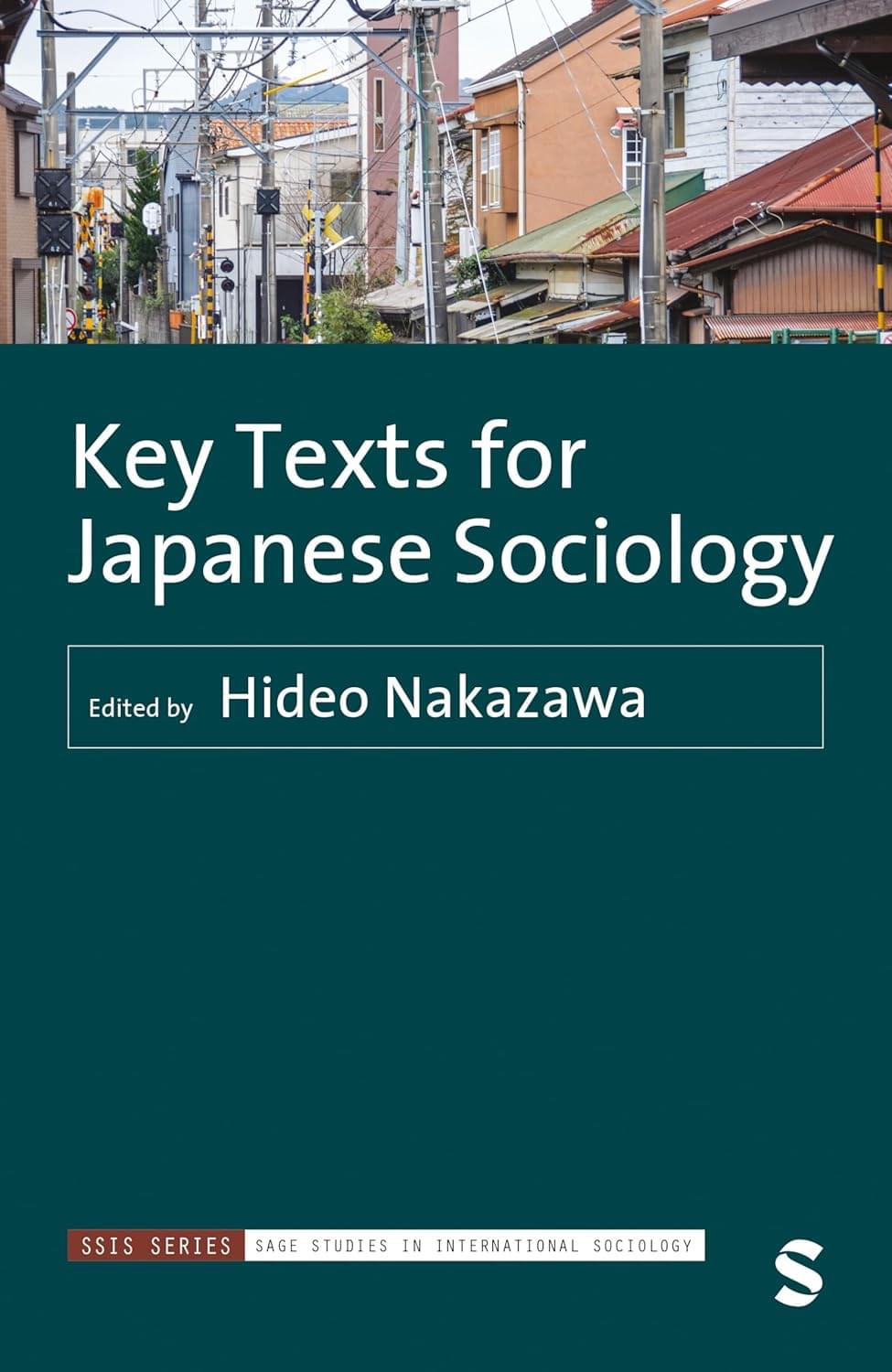Review by authors

Review on Key Texts for Japanese Sociology
Key Texts for Japanese Sociology reflects the trajectories of sociology as well as the complex social processes of postwar Japan. During this period, Japanese society experienced several contradictory social changes, such as economic development with its adverse effects, postwar democracy with the reluctant reflection of colonialism and invasions that led to defeat in the war, independence under the influence of the United States, and the “transfer of oppression” from the center to the marginalized. In these contexts, sociological research from the 1950s to the 1970s along with the efforts to establish sociology as a social science captured the contradictions revealed by various social issues, from public hazards and poverty in the shadow of economic prosperity to rural communities left behind by rapid social mobility. Contemporary sociological studies continue to focus on the discrepancies in society while trying to avoid uniformity and highlighting the experiences of people and groups from different backgrounds. The range of topics covered also stems from the authors’ interest in social change, including long-term economic stagnation, aging, and depopulation. Thus, despite the differences in topics and perspectives, Japanese sociology has emphasized issues that reflect the structural contradictions of postwar society.
Moreover, under the significant influence of Western sociology, Japanese sociology has been developing concepts and perspectives to explore the commonalities of modernized societies and the distinctive characteristics of Japanese society since the beginning of modernization. In the period when Japan was eager to modernize itself, which, in many cases, was synonymous with “catching up” with the West, sociological studies in Japan also advanced their processes by exploring the gap between “the universal” and “the particular.” In other words, whether explicitly or implicitly, Japanese sociological research could not avoid the question of what is meant by “the universal” and “the particular,” as some of the collections in Key Texts for Japanese Sociology indicate. Based on these achievements, it can be said that Japanese sociology has a history of the pursuit of autonomous sociology, a unique example of sociological inquiry and practice based on the experience of a non-Western society, which could provide fruitful insights into the current trend of decentering sociology that attracts considerable attention today.
Simultaneously, Key Texts for Japanese Sociology raises the question of the significance of editing texts of national sociology in the age of globalization and the increasing interdependence and interconnectedness of the world. While acknowledging that an increasing number of contemporary social phenomena have evolved across borders, it invites readers to consider certain issues and perspectives that are not addressed, presented, and discussed in this work. Key Texts for Japanese Sociology opens a space for the practices of reflexive sociology as well as for future research in Japan and beyond.


